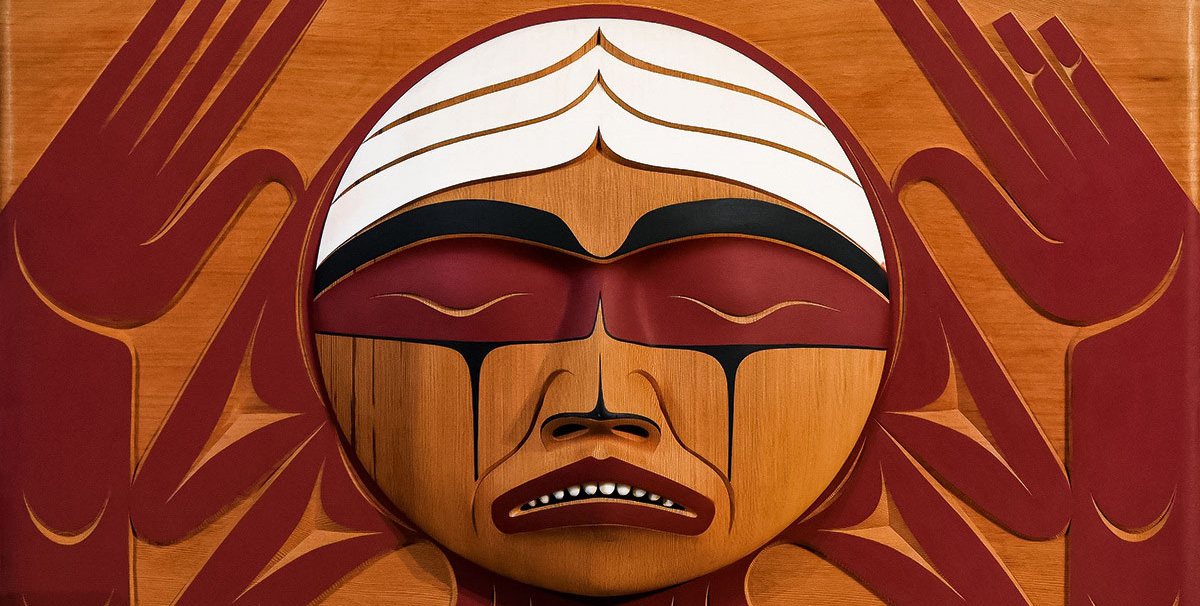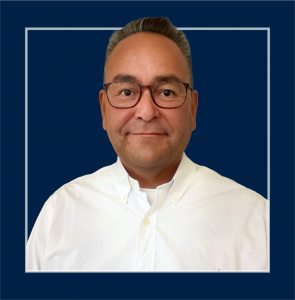Every Child Matters

Carved by Coast Salish artist Luke Marston, the Bentwood Box traveled with the TRC to its events throughout Canada. Learn more below
215 children were found buried in the spring of 2021. There is no more of a profound truth than having to come to terms with the death of a child. Words fail to describe the burden of coming to terms with the deaths of many children. Their stories are our individual and collective story. Their deaths are our living memories. We are children buried in time. We are children living in time. We are children anchored in time. We are children, and we are survivors of the Indian Residential School experience in Canada. Let us all breathe life into their memory, and let us all breathe life into each other. The story of the Indian in Canada – is the story of Canada. Canada’s history is but a single grain of sand on an unending beach of our history – our collective Indigenous history. Let us unearth this rich history and honor every child in our homes and communities. Let us unearth the legacy of hurt and grief and renew our spirits with the promise of hope and prosperity. Let us make every child matter, and let us make each and every one of us matter.
The Office of Respectful Environments, Equity, Diversity & Inclusion and the UBC Faculty of Medicine stand together in humility and grace to honor the memory of the 215 children buried at Tk’emlúps te Secwépemc territory, and with all of the dearly departed children since found at former Indian Residential Schools. We offer our most sincere acknowledgments and sacred prayers to all of the living survivors who endured and suffered the stain of Indian Residential Schools.
Orange Shirt Day started as a legacy of the St. Joseph Mission Indian Residential School Commemoration Project and Reunion events that took place in Williams Lake, BC, in May 2013. Through her own unique orange shirt story, Phyllis (Jack) Webstad from the Stswecem’c Xgat’tem First Nation has created a movement in Canada that honors and acknowledges the individual and collective stories of all survivors of the Indian Residential School experience in Canada. “In 1973, on her first day at St. Joseph’s Residential School in Williams Lake, BC, Phyllis’s shiny new orange shirt was stripped from her, never to be seen again. 40 years later, on September 30th, 2013, Phyllis spoke publicly for the first time about her experience, and thus began the Orange Shirt Day movement.” Indian Residential School History and Dialogue Centre at UBC
Every year since on September 30th there have been many communities of people across British Columbia and Canada that participate in a variety of events to commemorate the legacy of Indian Residential Schools. The Government of Canada officially designated September 30th as the National Day for Truth and Reconciliation in an effort to encourage all Canadians to recognize and commemorate the legacy of Indian Residential Schools.
We must reflect on the significance of this annual day for telling the truth and creating the space and opportunity to truly understand each other. We must steal ourselves away from a standard account of the Indian Residential School experience in Canada and one that places the burden of responsibility on the shoulders of Indigenous peoples. Truth and Reconciliation Commissioner Chief Wilton Littlechild said, “There are many who will pull down the blinders and pretend that this isn’t their issue.” There is a need and urgency to redress relations with Indigenous – First Nations, Métis and Inuit peoples, and this must be done in a meaningful way to open “up your mind, to be willing to learn these stories, to be willing to accept that these things happened.” All of our stories matter in relation to all of our histories, and so it is important to recognize that the total sum of restoring Indigenous peoples back to some measure of balance “is not an Aboriginal issue, it’s a Canadian issue.”
There is a keen interest and purpose for Indigenous – First Nations, Métis and Inuit peoples to move towards something that is responsive to their understanding about who they are, where they come from and what certain territorial jurisdictions mean to them. From government bureaucracies there is a steady outward push to arrive at something that is a constant and forward moving, linear and an often-defined force. This modern imbalance and delineation are often embedded in provincial and federal mandates and in the body politic, and serves to thwart the truth and move directly to some semblance of reconciliation. We all must find ways to relive the past, to move backwards in time, to collapse time, to anchor our truths in history, and to begin anew the creation of redressing what we believe ourselves to be; as Indigenous – First Nations, Métis and Inuit peoples, and as Canadians.
With Respect,
Derek Thompson – Thlaapkiituup
Indigenous Initiatives Advisor, Office of Respectful Environments, Equity, Diversity & Inclusion
The Bentwood Box
The image at the top of this page is a photo of the Bentwood Box.
Commissioned by the Truth and Reconciliation Commission of Canada (TRC) in 2009, the Bentwood Box travelled with the TRC to its eight national events throughout Canada, where people placed personal items into the box to symbolize their journey toward healing and expressions of reconciliation.
Coast Salish artist Luke Marston steamed, bent, and carved the box in the traditional style from a single piece of sacred, old growth red cedar. The artistic styles and imagery in its carved panels represent the distinct cultures of former First Nations, Inuit and Métis residential school students.
After its travels with the TRC, the Bentwood Box was featured at the Canadian Museum for Human Rights in an exhibit on Truth and Reconciliation. It is now in its permanent residence at the National Centre for Truth and Reconciliation (NCTR) where it continues to be a symbol of hope.
Continue Learning
“The time to make things happen is now. The time to seek out our individual and shared power is now.”
Read the Message from the Indigenous Initiatives Advisor, Derek Thompson – Thlaapkiituup, here
Learn more about REDI’s Indigenous Initiatives here
Discover REDI’s Indigenous-Specific Resources here
